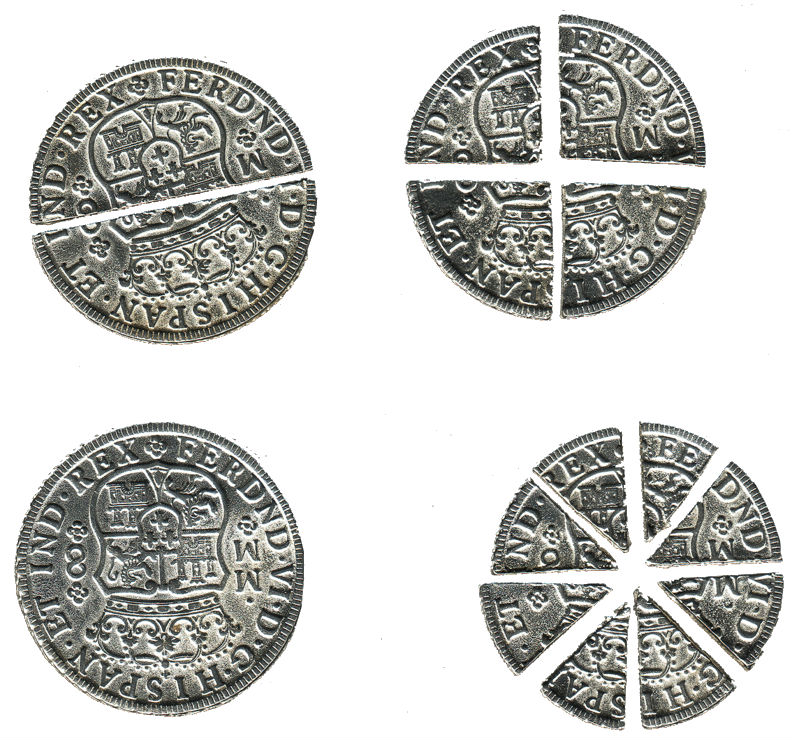Connected article;
Can the IRS Track Cryptocurrency? (2024 Update)
Key takeaways
- Major exchanges like Coinbase and Kraken report to the IRS through 1099 forms.
- In addition, the IRS works with contractors like Chainalysis to analyze public blockchain transactions and match ‘anonymous’ wallets to known investors.
- To avoid future trouble with the IRS, investors should report all taxable income from crypto on their tax return.
Trying to evade
cryptocurrency taxes is a bad idea.
As the cryptocurrency ecosystem has grown in size, the federal government has dedicated more resources to crack down on crypto tax fraud.
In this guide, we’ll break down everything you need to know about how the IRS tracks cryptocurrency transactions. We’ll also share a simple method that can help you report your cryptocurrency on your tax return in minutes.
Can the IRS track anonymous wallets?
Because cryptocurrency transactions are pseudo-anonymous, many investors believe that they cannot be traced.
This is not true.
Transactions on blockchains like Bitcoin and Ethereum are publicly visible. That means that the IRS can track crypto transactions simply by matching ‘anonymous’ transactions to known individuals.
In the past, the IRS has partnered with contractors like Chainalysis to analyze blockchain transactions and crack down on tax fraud.
Do major exchanges report to the IRS?
If you’ve signed up with a cryptocurrency exchange, you’ve likely given personal information such as your name, date of birth, and a copy of your personal ID. Major exchanges that operate within the United States are required by law to collect this information due to Know Your Customer (KYC) regulations.
The IRS can and has requested these records from exchanges. In the past, the IRS has issued
John Doe Summons to exchanges like Coinbase and Kraken.
In addition, major exchanges issue
1099 forms to customers and to the IRS reporting on your crypto transaction activity. If you
don’t report transactions that have been reported to the IRS via Form 1099, you may automatically be sent a
warning letter about your unpaid tax liability.
In the future, the IRS will have even more information about cryptocurrency investors at its disposal. Due to the
2021 American infrastructure bill, major exchanges operating in the United States will soon be required to report all cryptocurrency disposals to the IRS.
Which crypto exchanges report to the IRS?
Most major exchanges operating in the US issue 1099 forms to customers. Exchanges that issue 1099 forms include, but are not limited to, the following:
- Coinbase
- Kraken
- Gemini
- Crypto.com
- Binance.US
- Robinhood
- PayPal
Which crypto exchanges do not report to the IRS?
Here are a few cryptocurrency exchanges that don’t require Know Your Customer information from customers and do not send 1099 forms.
Many of these exchanges place restrictions on customer’s ability to trade without KYC. For example, you’re required to verify your identity to make crypto-to-crypto and derivative trades on MexC.
In addition, it’s important to remember that these exchanges may change their tax reporting policies in the future as the U.S. government cracks down on crypto tax evasion. In recent years, exchanges like Binance have introduced KYC policies in response to government pressure.
For more information, check out
our list of non-KYC exchanges.
Why does the IRS ask if I own cryptocurrency?
In recent years, the IRS has increased scrutiny on cryptocurrency transactions. In 2020, a
new question was added to Form 1040 that specifically asked taxpayers if they transacted in cryptocurrency during the tax year.
Remember, answering 'Yes' to this question will not increase your crypto tax liability. It’s likely that the IRS is asking this question to gather more information about the digital asset ecosystem.
On the other hand, not answering this question truthfully is a red-flag to the IRS. It’s possible you’re more likely to be audited from doing so.
Trying to hide your cryptocurrency from the IRS is a bad idea.
Remember, tax evasion is a felony. The maximum penalty for tax evasion is 5 years in prison and up to $100,000 in fines plus the cost of prosecution.
Instead of trying to hide your cryptocurrency, check out
our guide to avoiding crypto taxes legally.
Can the IRS audit me for cryptocurrency?
The IRS can
audit you if they have reason to believe that you are underreporting your taxable income from cryptocurrency.
Typically, the limit for conducting an audit is three years after a taxpayer has filed their tax return. In cases of fraud, there is no limit to how far the IRS can go back in a tax audit.
Can the IRS track NFTs?
Just like cryptocurrency transactions, NFT transactions on blockchains like Ethereum are publicly visible. The IRS can use the same methods it uses to identify ‘anonymous’ wallets to identify ‘anonymous’ NFT holders.
Which crypto exchanges do not report to the IRS?
Currently, centralized exchanges like KuCoin and decentralized exchanges like Uniswap do not collect KYC (Know Your Customer) information from users.
However, it’s important to remember that exchange policies may change in the future as the U.S. government cracks down on crypto tax evasion. In recent years, exchanges like Binance have introduced KYC policies in response to government pressure.
For more information, check out
our list of non-KYC exchanges.
Trying to hide your cryptocurrency from the IRS is a bad idea. Here’s how the IRS tracks cryptocurrency transactions.

coinledger.io

.png)
.jpg)

